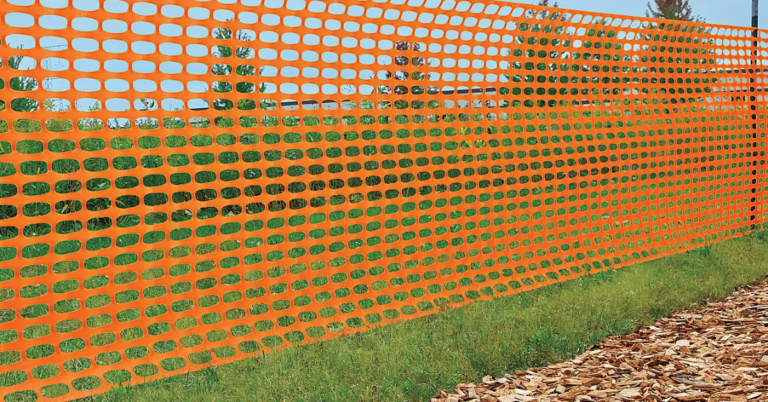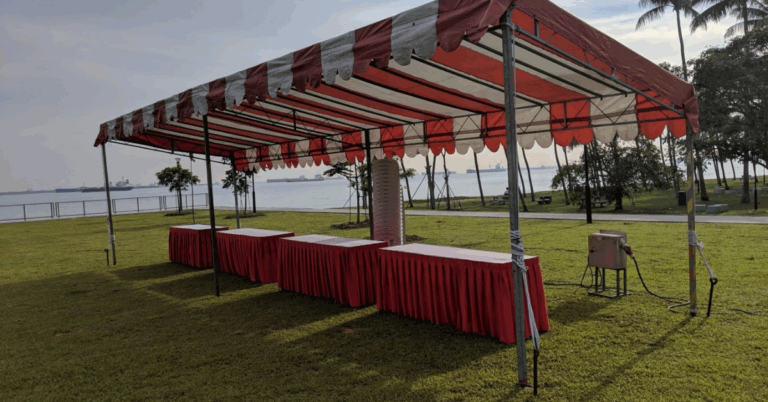Scrap Car Singapore: Turning Your Old Vehicle Into Value
When it comes to Scrap Car Singapore, many people assume that sending a vehicle to the scrapyard means losing money. However, in Singapore’s well-regulated automotive landscape, scrapping a car can be an efficient, environmentally responsible, and financially beneficial process. Whether your car has reached the end of its COE, become too costly to maintain, or is simply no longer roadworthy, the scrapping process ensures you recover some value while staying compliant with local regulations.
Why You Might Need to Scrap a Car in Singapore
In Singapore, cars have a limited lifespan primarily because of the Certificate of Entitlement (COE) system. When the COE expires after 10 years, the owner must either renew it or deregister the vehicle. Many car owners choose to deregister and scrap their cars instead of paying for another decade of COE.
Other common reasons include:
-
High Repair Costs: When a car becomes old, frequent breakdowns can make repairs uneconomical.
-
Regulatory Requirements: Vehicles that are deregistered must either be scrapped, exported, or stored in an approved facility.
-
Environmental Responsibility: Scrapping ensures that hazardous materials such as engine oil, coolant, and batteries are properly recycled or disposed of.
-
Financial Returns: When scrapping, owners often receive rebates and payments based on the car’s residual value, including COE and PARF rebates.
Scrapping your car in Singapore isn’t simply an act of disposal it’s about reclaiming value and being environmentally responsible.
Understanding Key Terms Before Scrapping
Before starting the scrapping process, it’s important to understand several common terms used in Singapore’s automotive deregistration system:
-
COE (Certificate of Entitlement): A permit that allows a car to be used for 10 years. When it expires, the owner must renew or deregister.
-
PARF Rebate: The Preferential Additional Registration Fee rebate, which applies if the vehicle is deregistered before it is 10 years old.
-
COE Rebate: If your COE hasn’t expired, you can claim a rebate for the unused portion of the remaining validity period.
-
Deregistration: Officially removing your vehicle from the Land Transport Authority (LTA) register. This step is mandatory before scrapping or exporting.
-
LTA-Approved Scrapyard: Only authorized scrapyards are allowed to handle deregistered vehicles. Using unapproved yards can cause you to lose rebates or face penalties.
Having clarity on these terms helps you navigate the process smoothly and avoid costly mistakes.
Step-by-Step Guide to Scrapping a Car in Singapore
Step 1: Prepare All Required Documents
Before scrapping your car, gather all essential documents, such as:
-
Vehicle registration card
-
NRIC or identification documents
-
COE and PARF rebate details
-
Proof that all road taxes, loans, and fines are settled
You should also remove all personal items, aftermarket accessories, and valuables from the car.
Step 2: Deregister Your Vehicle
To scrap your car legally, you must first deregister it with the LTA. Once deregistered, the vehicle can no longer be driven. Deregistration also ensures that the rebates you are entitled to will be processed correctly.
It’s crucial to deregister the vehicle before handing it over to the scrapyard. Skipping this step can result in penalties or forfeited rebates.
Step 3: Choose an LTA-Approved Scrapyard or Exporter
Only approved scrapyards are authorized to handle deregistered cars. Choose a scrapyard that has a reputation for transparent transactions and fair pricing. Some companies even offer to collect your vehicle, making the process convenient.
If your car is still in good working condition, you may consider exporting it instead. Exporting can sometimes fetch a higher price than scrapping, especially if the car model is in demand overseas.
Step 4: Deliver or Tow Your Car
Once the paperwork is ready, arrange for the vehicle to be delivered or towed to the scrapyard. Many scrapyards in Singapore provide complimentary towing services for deregistered vehicles.
Upon delivery, the scrapyard will assess the car’s condition and provide an estimated scrap value.
Step 5: Receive Your Payment and Submit Proof
After scrapping, the scrapyard issues a certificate or proof that the car has been dismantled. This proof must be submitted to the LTA to confirm completion.
Once verified, the LTA will process any applicable PARF and COE rebates. Payments for the car’s scrap metal and usable parts are usually issued directly by the scrapyard.
Factors That Affect Scrap Car Value
The amount you receive when scrapping your car depends on several factors:
-
Age of the Vehicle: The younger your car, the higher your potential PARF rebate.
-
Weight and Metal Value: The car’s body weight and current scrap metal prices play a key role in determining value.
-
Condition and Parts Reusability: Functional components like engines, gearboxes, and electronics can fetch additional returns.
-
Remaining COE: If you deregister before the COE expires, the unused portion translates into a COE rebate.
-
Market Demand: Certain car models may have higher scrap or export value due to parts demand or overseas popularity.
To maximize your return, it’s advisable to obtain multiple quotations from different scrapyards before making a decision.
Common Mistakes to Avoid When Scrapping a Car
-
Missing the Deregistration Step: Always deregister with LTA before scrapping. Failing to do so can lead to fines.
-
Ignoring Outstanding Loans: Ensure the car loan is fully repaid and ownership transferred to your name before scrapping.
-
Using Unapproved Scrapyards: Only use authorized scrapyards to avoid losing rebates.
-
Forgetting to Remove Personal Belongings: Once scrapped, the car cannot be retrieved. Always double check before handover.
-
Waiting Too Long After COE Expiry: Delays can cause loss of rebates or additional costs for towing and storage.
Avoiding these pitfalls ensures a smoother experience and maximizes your returns.
Environmental Benefits of Car Scrapping
Scrapping old vehicles isn’t just about reclaiming money it’s also an environmentally conscious decision. Singapore’s car scrapping system ensures that:
-
Hazardous fluids and materials are disposed of safely.
-
Recyclable materials like metal, glass, and plastics are reused.
-
Old, inefficient cars are removed from the roads, reducing emissions.
Through regulated scrapping, Singapore promotes sustainability and supports a cleaner, greener urban environment.
Tips to Maximize Your Scrap Car Returns
-
Compare Offers: Get quotations from multiple scrapyards or exporters before deciding.
-
Act Before COE Expiry: Deregistering early can help you recover a larger COE rebate.
-
Negotiate: Some scrapyards may offer better rates if you provide detailed information about your car’s condition.
-
Remove Accessories: Sell valuable add ons like rims or audio systems separately.
-
Keep Maintenance Records: These can demonstrate the car’s value and help you negotiate a higher scrap price.
By following these tips, you can ensure that the process is not only smooth but also financially rewarding.
Example Scenario
Mr. Tan owned a 9-year-old sedan approaching the end of its COE. Instead of renewing it, he decided to scrap it. He cleared his outstanding road tax, deregistered the vehicle, and chose an LTA approved scrapyard. The scrapyard provided a fair offer for his car’s scrap value and guided him through the rebate claims process. Within a few weeks, Mr. Tan received his scrap payment and COE rebate turning what seemed like a liability into cash in hand.
Final Thoughts
“Scrap Car Singapore” is more than just a process of disposing of an old vehicle it’s an opportunity to reclaim value, act responsibly, and contribute to environmental sustainability. With the right preparation and understanding, you can ensure the process is smooth, transparent, and financially beneficial.
Whether your car has reached the end of its COE or is no longer economical to maintain, scrapping it the right way ensures compliance, safety, and fair compensation. By planning ahead, working with reputable scrapyards, and understanding your entitlements, you can turn your old vehicle into valuable returns responsibly and efficiently.







